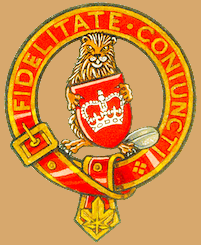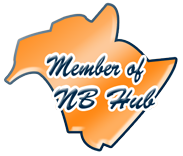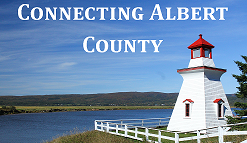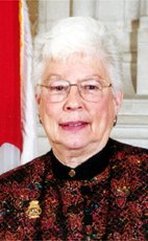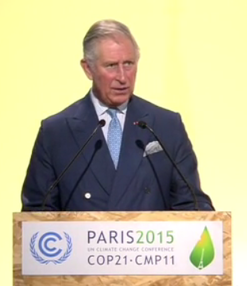 Photo Credit: The BBC
Photo Credit: The BBC COP21 Conference on climate
change today. In his speech His
Royal Highness urged the
gathered national leaders to
commit to fighting climate
change.
This is an issue with which the
Prince has a lot of experience.
The Prince has been sounding
alarm bells long before it was
fashionable to do so.
The Prince's Speech
Prince of Wales. A video of the opening minute of his speech
can be found here. Link
Your deliberations over the next two weeks will decide the fate,
not only of those alive today, but also of generations yet unborn.
So I can only urge you to think of your grandchildren, as I think
of mine, and those billions of people without a voice. Those for
whom hope is the rarest of sensations. Those for whom a secure
life is a distant prospect. Most of all, I urge you to consider the
needs of the youngest generation. Because none of us has the
right to assume that for our today they should give up their
tomorrow.
planet, humanity faces many threats - but none is greater
than climate change, it magnifies every hazard and tension
of our existence." Further, the Prince pointed out that climate
change will stress civil society to the breaking point:
"It threatens our ability to feed ourselves; to remain healthy and safe from extreme weather; to manage the natural resources that support our economies, and to avert the humanitarian disaster of mass migration and increasing conflict."
All of which is consistent with what the Prince has been saying for years. But sadly Prince Charles has had to play the
part of a political Cassandra, more often mocked for his
views than respected.
Shortly after the address Philippe Joubert, Chair of The
Prince of Wales’s Corporate Leaders Group, remarked that
while success in putting a price on carbon would be good,
doing so while also continuing to subsidize carbon sources
makes no sense.
Loyally Yours,
A Kisaragi Colour









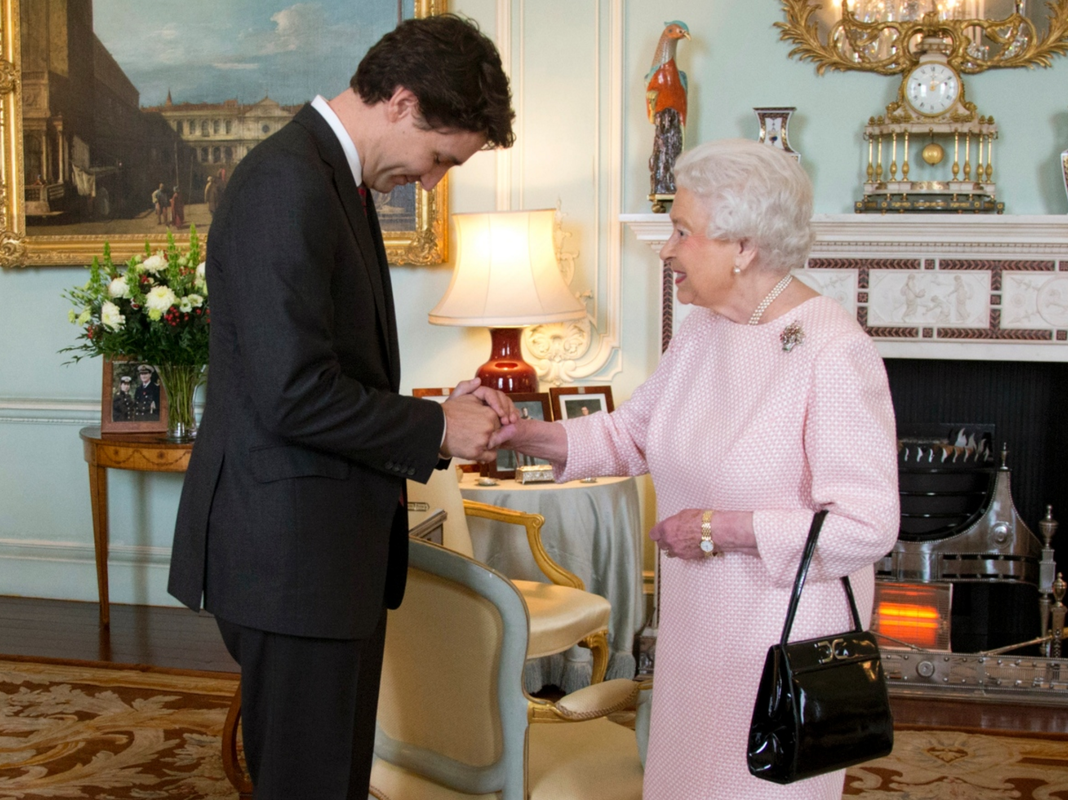
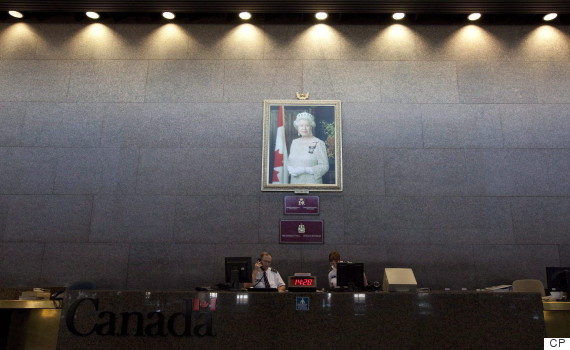
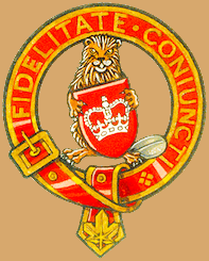

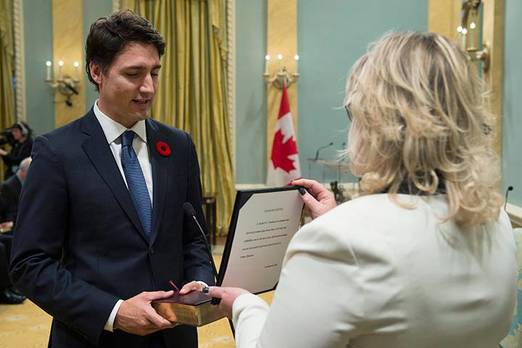
 RSS Feed
RSS Feed
